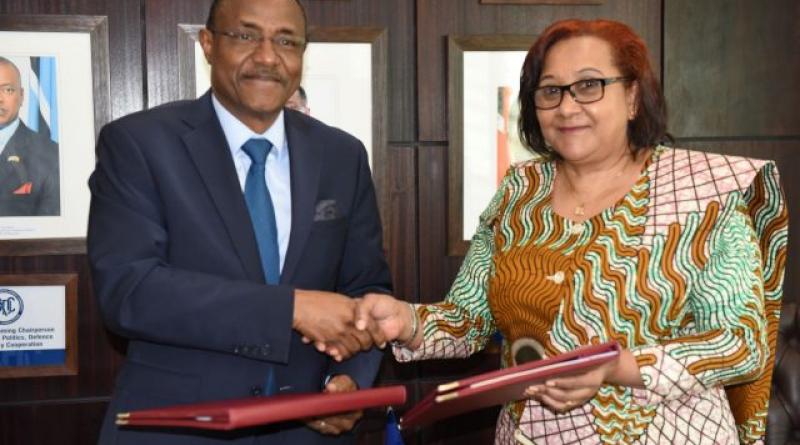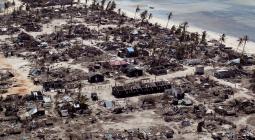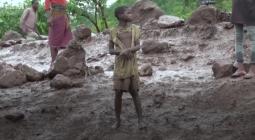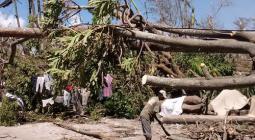SADC signs deal with ARC for improved regional response to disasters.

The Southern Africa Development Community (SADC) has taken a huge step regarding disaster risk management and financing in the region after signing a deal with the African Risk Capacity (ARC).
Over time, the southern African region has experienced several climate and natural disasters. These include droughts, floods, tropical cyclones, storms, and epidemics, which have had devastating impacts on the populations and their livelihoods.
Economic growth across countries in the region has been negatively affected as well. Much of the SADC region’s population and economic growth are supported by mining, agriculture, forestry, tourism, and wildlife as well as service industries, which are all largely prone to climate-related disasters.
A recent sample is a cyclone that hit Mozambique, Malawi, and Zimbabwe in March, killing over 1,000 people and affecting a combined three million people. This, coupled with the current drought that puts millions at risk of starvation across Africa, highlights the need for a strong existing preparedness and response mechanisms to match the changing nature of risks.
With the Memorandum of Understanding (MoU), the regional agency will help put in place proactive measures for reducing the negative impacts of disasters and other vulnerability drivers for better adaptation in the southern African region.
Early warning, contingency planning, and risk financing through insurance can boost resilience, adaptation capacity, and loss reduction when the region faces a disaster. “The partnership will enable us to systematically work with SADC to better profile disaster risks facing the region,” said Mohamed Beavogui, the Director-General of ARC.
Beavogui adds that the frameworks set up would also help “strengthen existing response capacities and contingency plans, and offer sovereign insurance options to enable rapid action when natural catastrophes occur.”
For his part, SADC Executive Secretary, Dr Stergomena L Tax, noted that the partnership with ARC would place the region on a path to augmenting its existing response mechanism against drought and other climate risks.
“We can now deliberately work together on issues of common interests and strengthening a… regional approach towards Disaster Risk Reduction,” Tax said, adding that the deal will help mitigate hardships that occur as a result of increasing climate variability which causes floods, droughts, and cyclones in the region.
More importantly, the agreement with ARC represents a significant shift by SADC towards employing a cohesive, regional response mechanism to disasters as against individual measures by the bloc’s 16 member states. Fragmented approaches, as seen in the cyclone incident months ago, tend to come with bigger economic and social costs.
The risk management deal also helps reduce the dependency on the African Union (AU) during disasters. Countries affected often tend to wait for support from the Union, which already has many challenges, ineffective response systems and lacks financial resources to deliver relief.
The African Risk Capacity (ARC) assists member-states to strengthen their capacities to better plan, prepare and respond to extreme weather events and natural disasters, thereby achieving the food security for their populations.
Since 2014, 32 policies have been signed by ARC partner states with $73 million paid in premiums for cumulative insurance coverage of $553 million. The premiums have been deployed for the protection of 55 million vulnerable population in participating countries.
*Title photo: L-R: UN-ASG Mohamed Beavogui, Director-General, ARC, and Dr Stergomena L. Tax, Executive Secretary, SADC exchanging copies of the MoU at the SADC Secretariat, Gaborone, Botswana. Photo credit: African Risk Capacity
11 October 2019
VENTURES AFRICA




